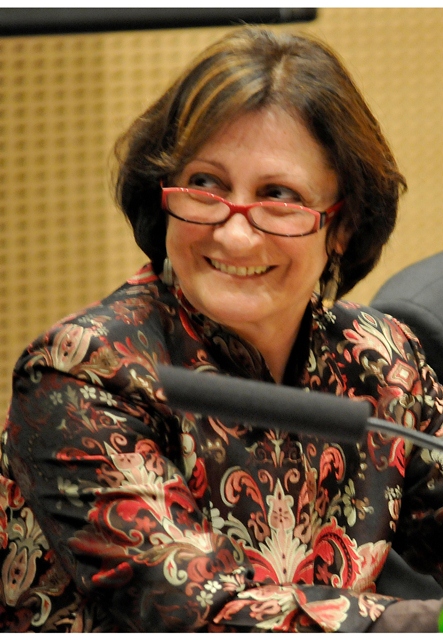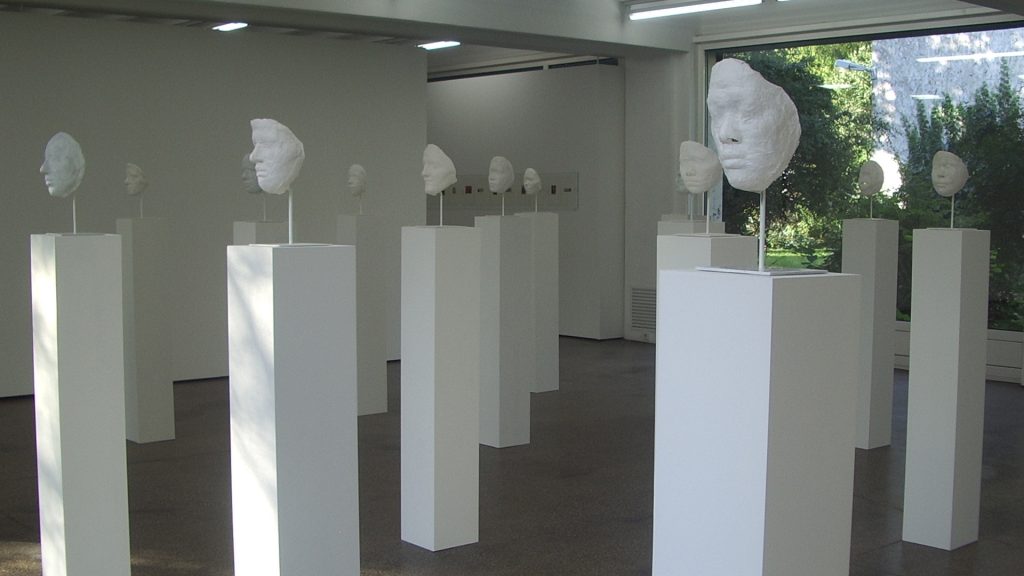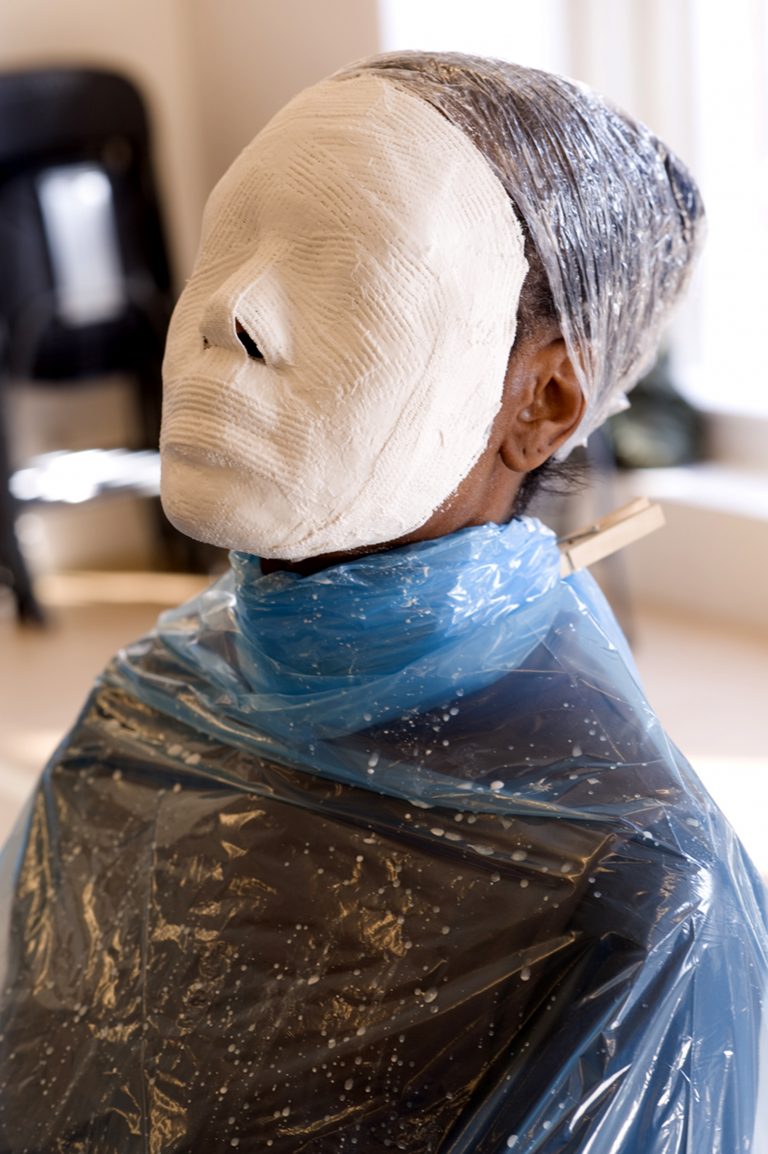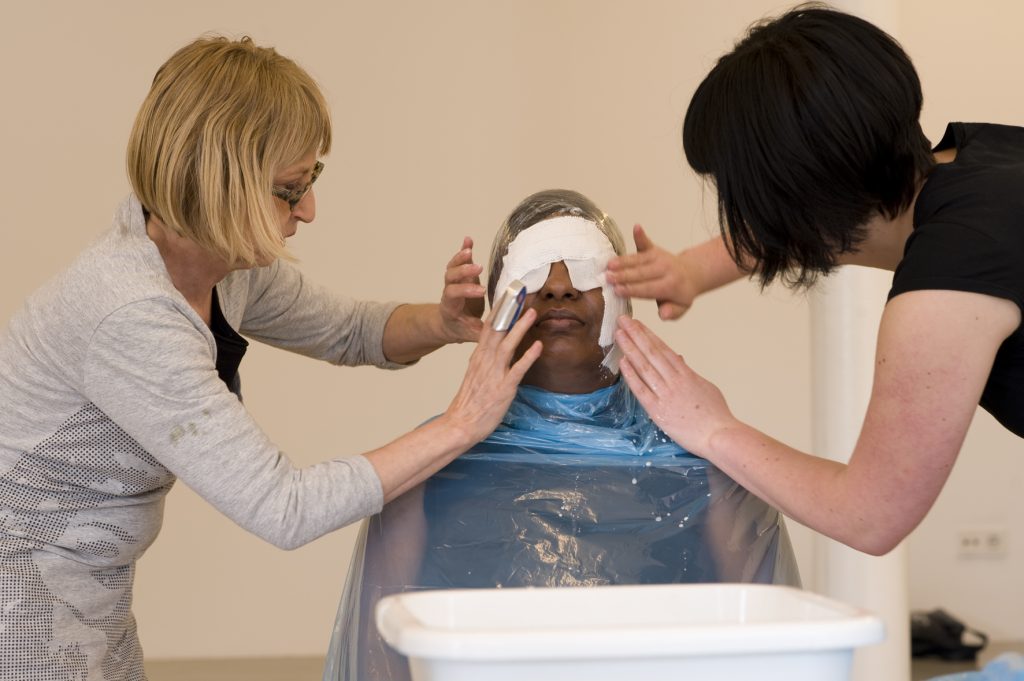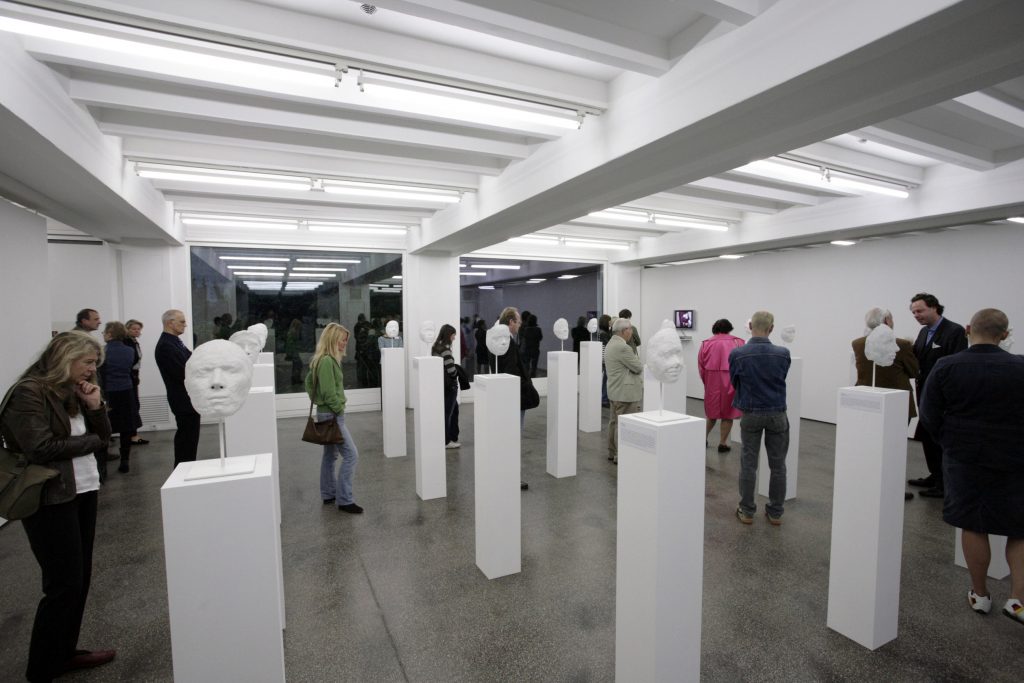BEOSZTÁSA:
az MTA BK Művészettörténeti Intézet szenior kutatója, a CEU történelem tanszék vendégprofesszora
KUTATÁSI TERÜLETE:
Kelet-és közép-európai, ill. amerikai modern és kortárs művészet, művészetelmélet; köztéri és társadalmilag elkötelezett művészet, nemi szerepek, posztszocializmus és nacionalizmus a kortárs művészetben
TUDOMÁNYOS TEVÉKENYSÉGEI:
1997–1998-ban Fulbright ösztöndíjas a New York University-n, művészeti folyóiratok New York-i tudósítója. Rendszeresen publikál hazai és nemzetközi folyóiratokban (Artmargins, e-flux, Idea, Third text, springerin), kiadványokban, katalógusokban. Számos nemzetközi konferencián és workshopon vett részt meghívott előadóként. Nemzetközi projektek vezetője és résztvevője. A Gender Check: Femininity and Masculinity in the Art of Eastern Europe (MUMOK, Bécs, 2008–2009) tanácsadója és kutatója. AResearch and Academic Program at the Clark Art Institute (Williamstown, Massachusetts) Writing Art History in Eastern-Central Europe projekt magyar tagja (2010–2011). A Piotr Piotrowski Research Center (Poznan) és az Artmargins tanácsadói testületének tagja.
PUBLIKÁCIÓI:
A Kulturális átöltözés. Művészet a szocializmus romjain című könyv szerzője (2009), Képzeletbeli határátlépések kötete előkészületben. A Transitland. Video Art from Central and Eastern Europe 1989–2009 antológia (2009) szerkesztője. A Privát Nacionalizmus EU-s project elméleti szakembere, a Képzelt közösségek, magánképzetek. Privát Nacionalizmus Budapest kurátora, a Visualizing the Nation konferencia szervezője (2015). A Universal Hospitality (Bécs, 2016, Prága, 2017) társkurátora.

